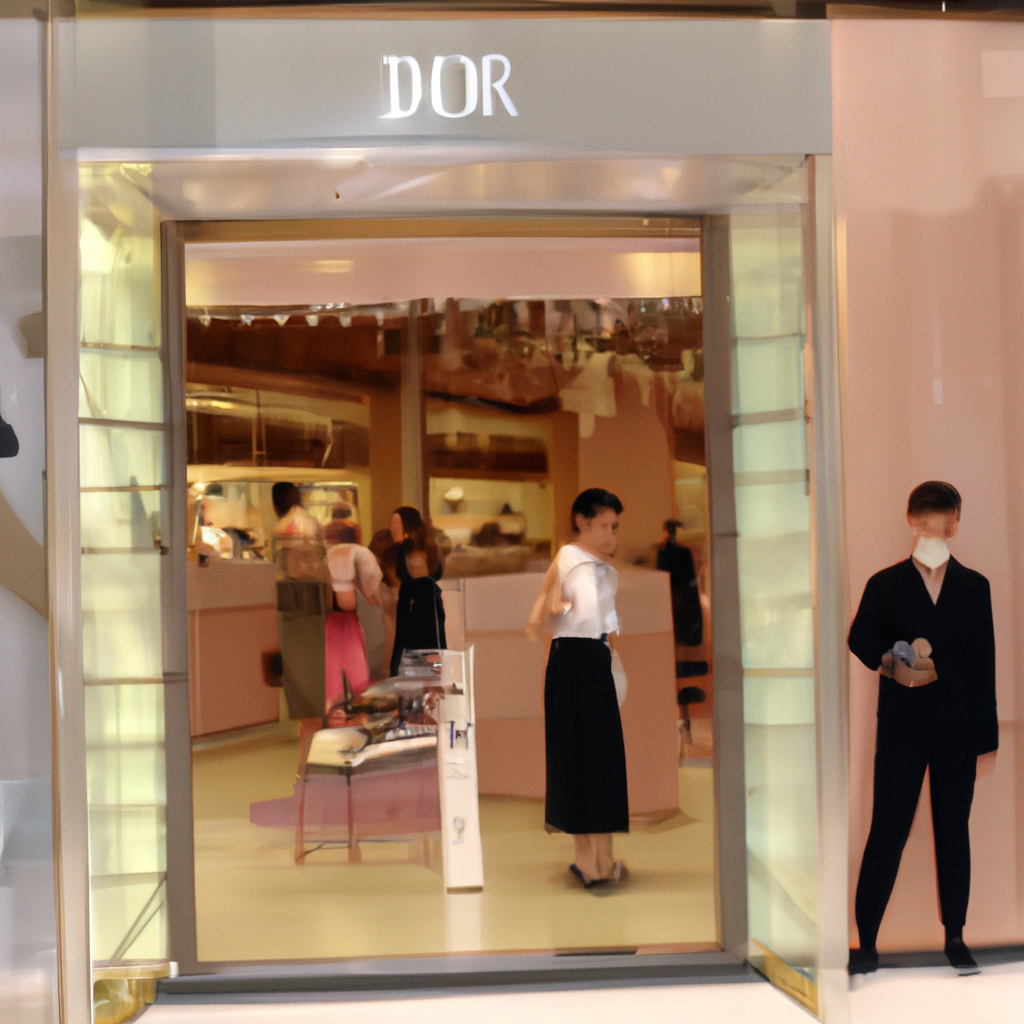Read in your native language
english german italian french spanish mandarin arabic portuguese russian japanese hindi bengali punjabi urdu korean vietnamese thai malay indonesian persian turkish polish ukrainian greek romanian hungarian dutch swedish norwegian finnish danish hebrew czech slovak bulgarian serbian croatian slovenian
Analysis of Declining Luxury Sales in China
The luxury market in China is currently experiencing a significant downturn, with brands such as Kering and LVMH reporting steep declines in revenue. This article examines the situation surrounding these sales decreases, how different stakeholders are affected, and the potential risks and rewards involved.
Involved Perspectives
-
Luxury Brands (e.g., Kering, LVMH, Burberry)
- Benefits: Continued global appeal, potential to adapt marketing strategies.
- Risks: Significant revenue losses (e.g., Kering's operating income down by as much as 45%), damaging brand perception due to deep discounts.
- Losses: Revenue declines; Burberry's sales down by 21% in China, LVMH reported a total drop of 13% in Asia.
-
Consumers
- Benefits: Opportunities to buy luxury goods at discounted prices as brands slash costs.
- Risks: Cultural stigma with luxury goods due to the government campaign against "money worship." Potential for feeling guilty or shamed for purchasing expensive items.
- Losses: Access to premium brands may still be limited within China, forcing consumption in foreign markets.
-
Investors and Market Analysts
- Benefits: Potential for investment in undervalued luxury brands, insights into changing consumer behavior.
- Risks: Losses due to falling stock prices of luxury companies.
- Losses: Declining market share in a potentially lucrative sector.
Current Challenges and Strategic Shifts
Luxury brands are being forced to change their marketing strategies, including embracing e-commerce. This shift aims to clear excess stock, but it also risks degrading brand perception. Analysts have pointed out that deep discounts could harm brand equity as luxury firms typically avoid quick and cheap sales tactics. The need for a balance between profitability and exclusivity is critical.
Visual Representation of Revenue Changes
Luxury Brands Revenue Changes in China
Luxury Brands Affected:
- Kering: Operating Income down 45%
- LVMH: 13% decline in revenue in Asia
- Burberry: Chinese sales down 21%
- Richemont: 27% drop in revenue in Greater China
Consumer Behavior and Future Outlook
Chinese consumers exhibit a shift in spending habits, placing more emphasis on foreign travel and safer assets like gold rather than luxury goods. The notion of "luxury shaming" prevalent in society is further complicating the landscape for luxury brands targeting the Chinese market. Some brands like Hermès have adapted better, showcasing a 17% growth due to its solid customer base.
Relevancy Meter
Historic relevance showcases that while luxury spending in China has been a lucrative market for over a decade, current conditions have shifted due to economic changes and social attitudes, impacting consumer behavior. Nonetheless, the trend indicates a potential revival as the global economy stabilizes.
Keywords: Luxury Sales, Kering, LVMH, China, E-commerce, Consumer Behavior, Luxury Brands, Revenue Decline, Market Trends, Luxury Shaming.
Author: Andrej Dimov
Published on: 2024-07-29 00:58:26



